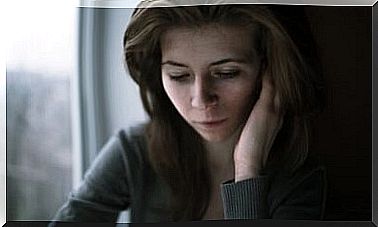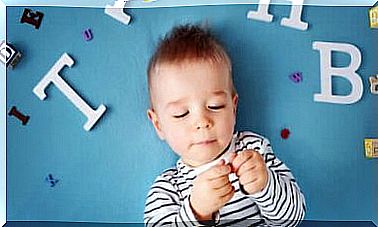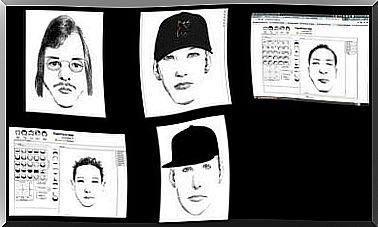Memory Of The Witness: Quality Of Memory
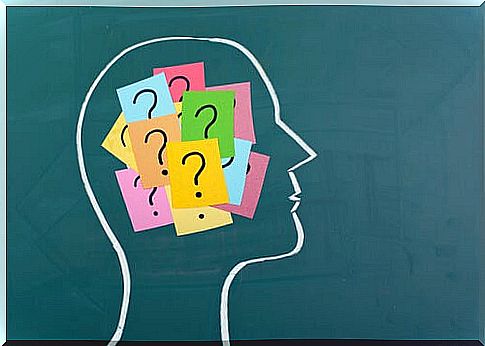
Memory betrays us. Its content, the memories, are very far from being a faithful reconstruction of reality. When we tell something, we do it differently each time. In forensic psychology, witnesses are asked not to tell the facts, in an attempt to avoid contaminating their memories. It is curious how our mind works and, in particular, the memory of the witness. Can we even remember something that didn’t happen?
The memory of the witness is the set of knowledge and research on the basis of which we try to determine the quality of the statements of eyewitnesses. There have been many authors who have contributed research to this field, so little known, but extremely relevant in the legal and forensic fields.
Reconstructive hypothesis
Elisabeth Loftus, mathematics and psychologist specializing in this field, assures that memory can be manipulated and, therefore, it is possible to “introduce” false memories by means of suggestion. In essence, he claims that the witness’s memory is reconstructive. Because?
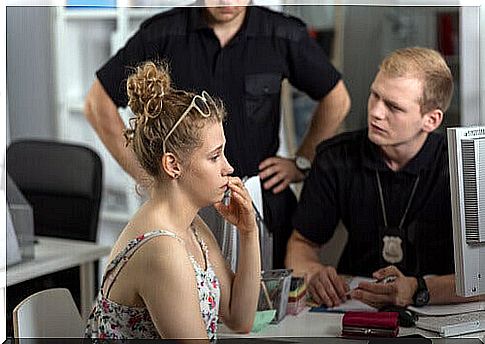
When someone witnesses a fact, they store two types of information. On the one hand, the one he got while attending the event; on the other, the one he received later. Both are integrated, giving rise to the phenomenon of reconstruction. The person can come to remember details of the event that he did not actually see and, on the contrary, he can forget others that he has instead perceived.
Main factors of the accuracy of the witness’s memory
When a person attends a crime or crime, a number of factors must be taken into account. From the variability of these, it depends whether a memory is considered more or less precise and, therefore, more or less valid.
Suspicious testimony
Normally a person can only register 20% of what he sees. And, in the case of witnesses of fortuitous events, this percentage drops even more. Because they did not expect such an event to happen and for the brevity of the same.
In these moments, moreover, the effect known as “ blindness to change” occurs : we are not able to notice that something has changed in the context in which we live. This is because we don’t pay attention; although it is something relevant, we do not pay attention to the details, but we limit ourselves to the big one (robbery, mugging, weapon …). And we make errors of assessment which, in the witness’s memory, are key.
Previous expectations
Numerous studies ensure that what we remember is not limited only to what we have experienced directly, we also memorize our expectations. In other words, the knowledge and content we have acquired from other previous experiences related to the event (Bransford & Franks, 1971).
The memory of what we expected to see is explained by Bartlett with his reconstructive memory. In his research he noticed that the reproductions made by readers of his famous short story The War of the Ghosts altered the original version. These distortions referred to an excessive simplification, to the omission of details and to changes of these with others specific to the subject.
Trick questions
Witnesses can alter the nature of their memories due to what happens after they observe the crime. The questions posed to witnesses have a great influence on their memories. As a “consolation”, studies tell us that, as a rule, these distortions concern peripheral or minor details, which is why they do not affect the consequences of testimony as much.

Individual differences
In the analysis of the witness’s memory, it was shown that children and the elderly are more vulnerable to distortions. Children are less accurate, while the elderly are more convinced of their truth. This means they trust the truthfulness of their false memories more.
Similarly, a variable related to the age of the witness occurs. When it is necessary to recognize a guilty party, the smaller the age difference between the presumed guilty party and the witness is more precise.
Witness security
In general, the confidence that the witness shows when he has to recognize the culprit is not a good indicator of the accuracy of what he manifests. No matter how many details he reveals, the emotion he displays or his capacity for conviction are not in themselves synonymous with truthfulness.
Situational factors
In general, the average levels of activation are the most adequate for remembering accurately. If the person has peaks of anxiety or stress, their ability to remember is reduced.
Similarly, the witness’s memory confirms that a violent event remains impressed with more force than a non-violent one. In particular, the focusing effect of the weapon is curious. Witnesses pay so much attention to the attacker’s weapon that they reduce their attention span to it, ignoring other details. Violence causes witnesses to have a more vivid memory of the central (gun) experience and more blurred of the peripheral ones.
On many occasions we manifest blind faith in our ability to perceive everything that happens around us. However, many of these times we are unable to detect all the changes in the context in which we find ourselves. Our memories are therefore fragile and the witness’s memory proves this.





